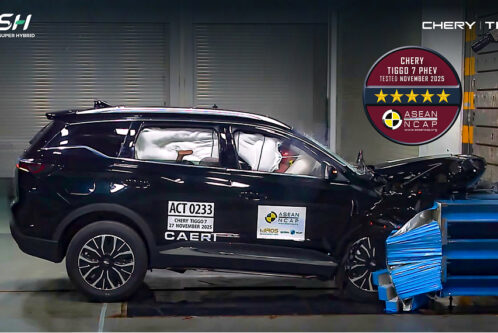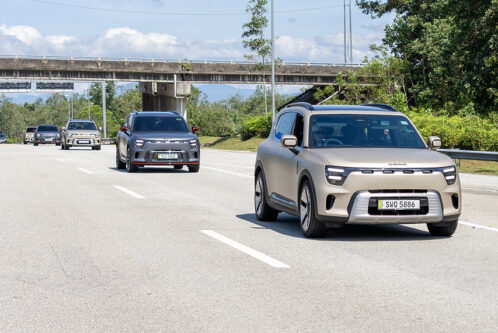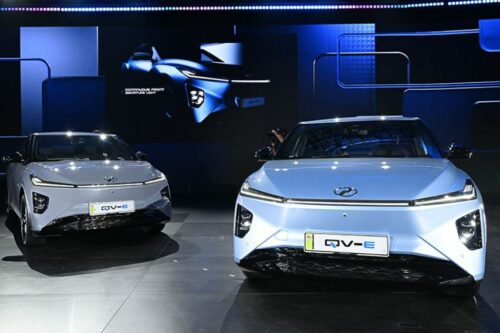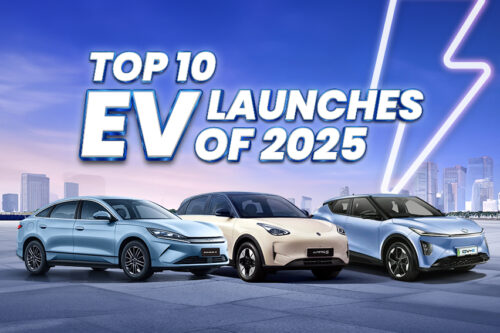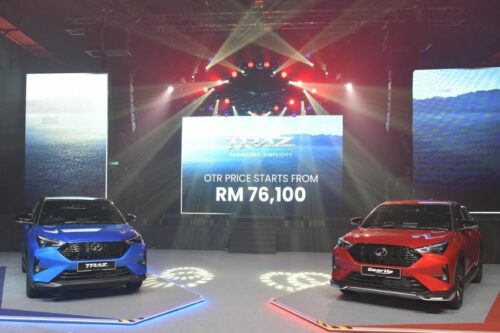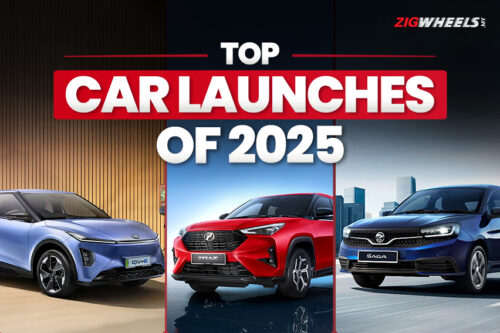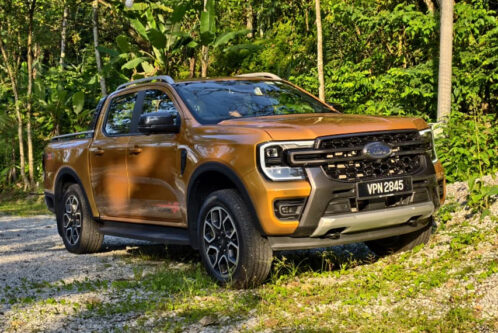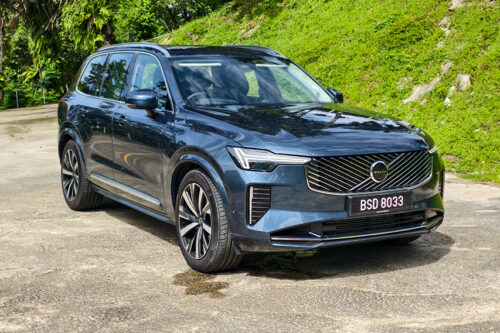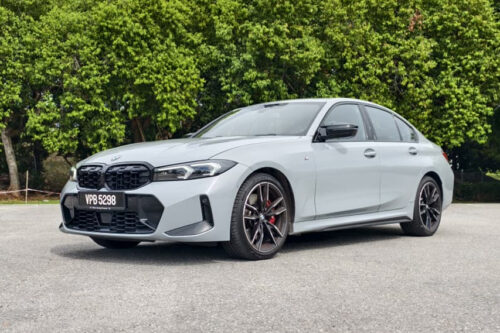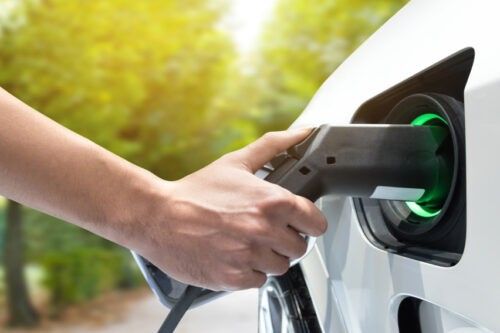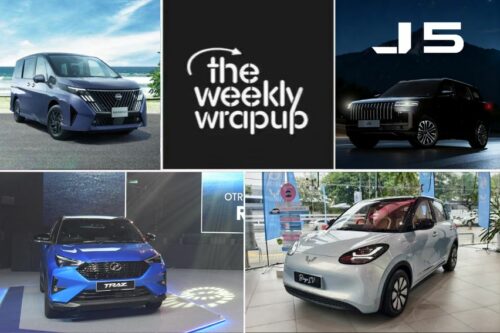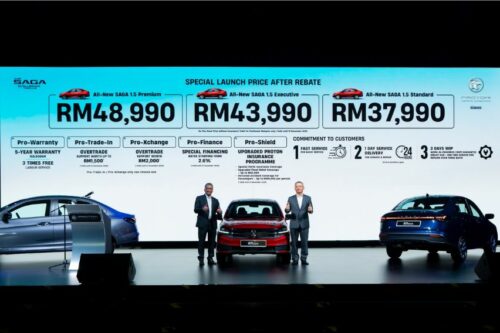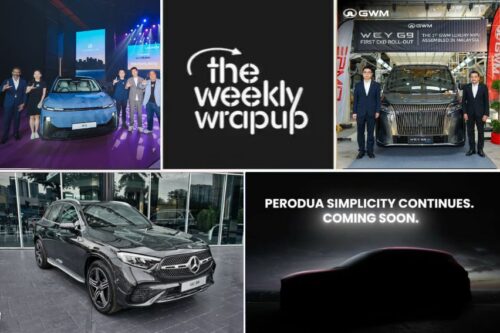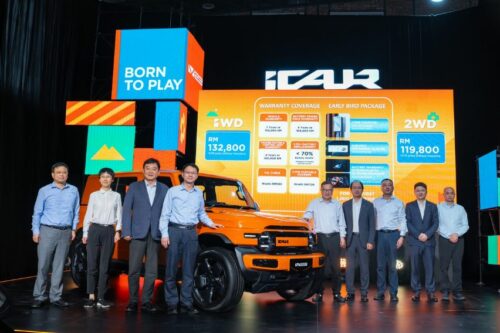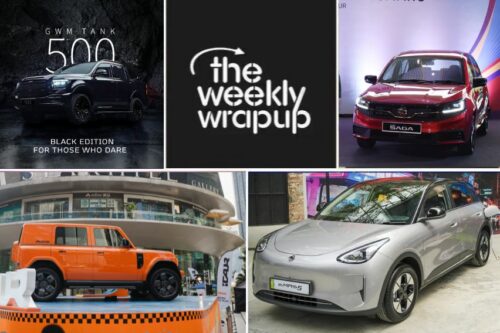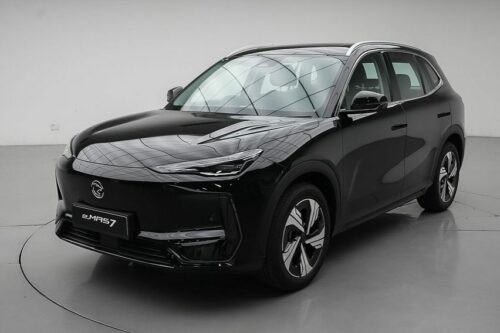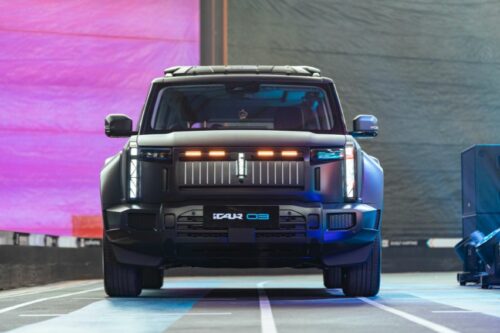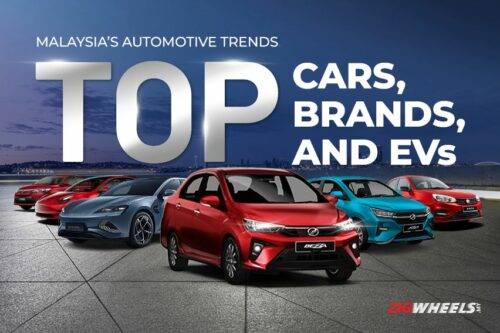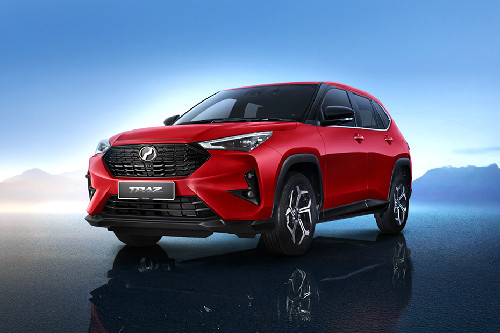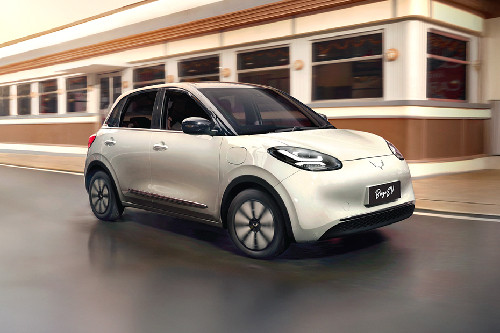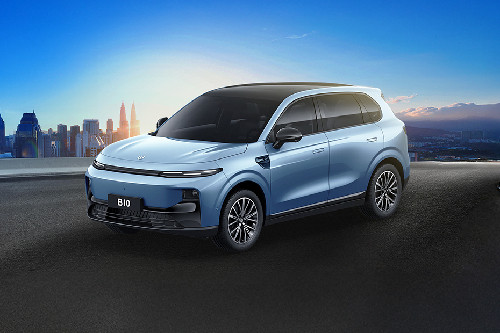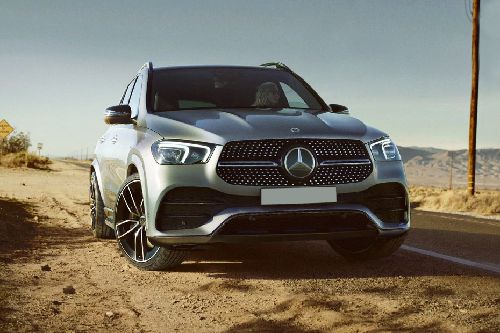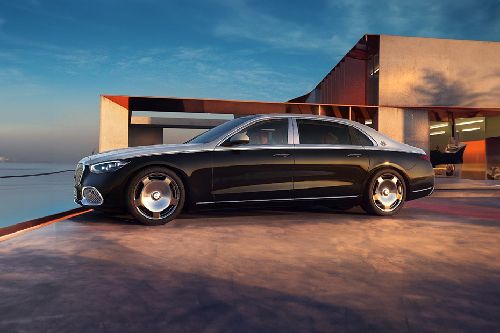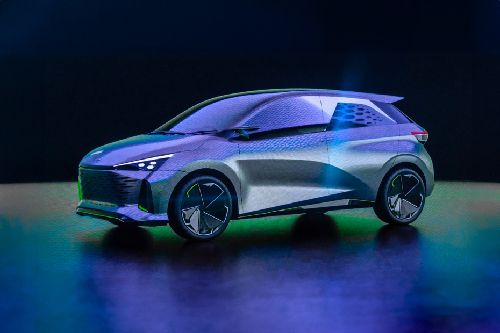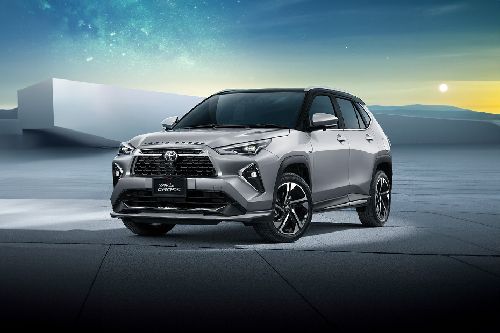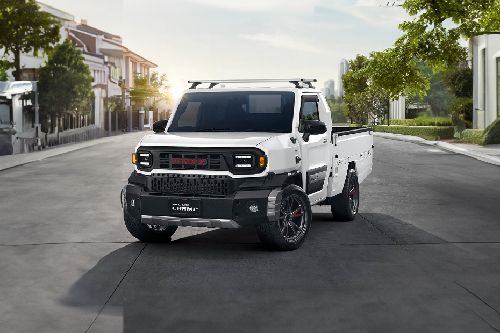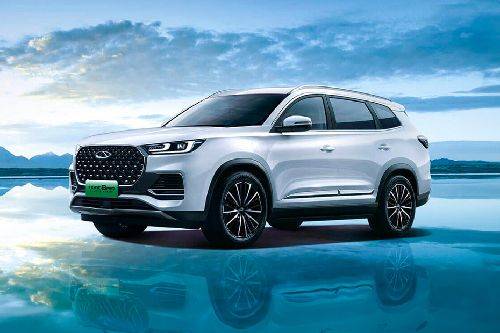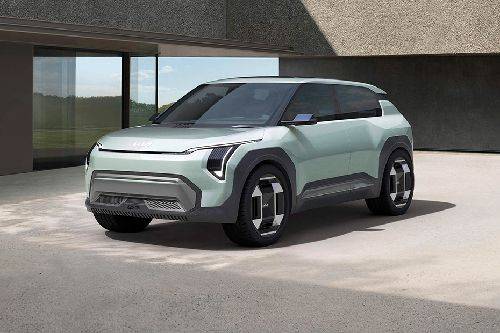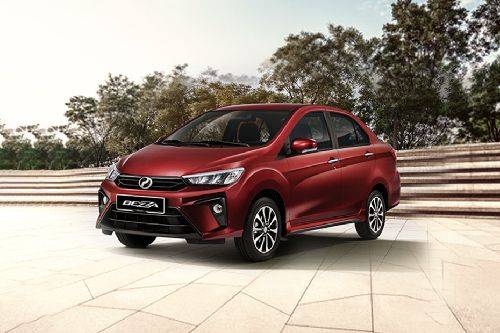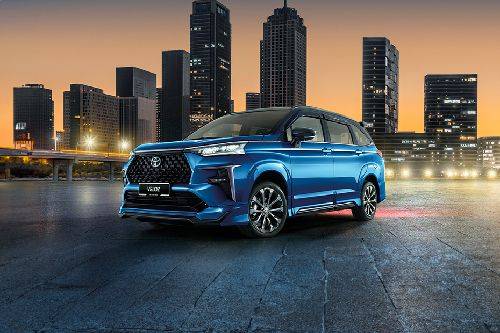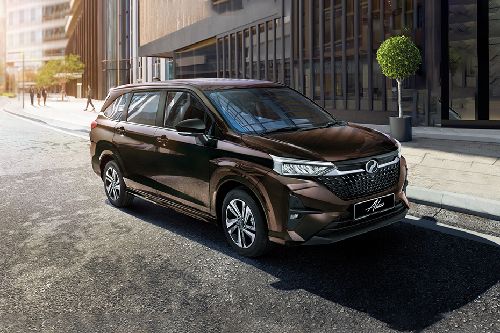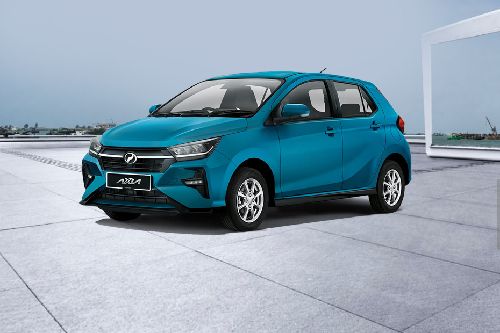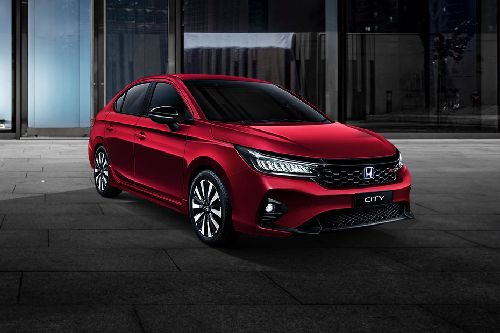Can the Malaysian auto industry survive the chip shortage?
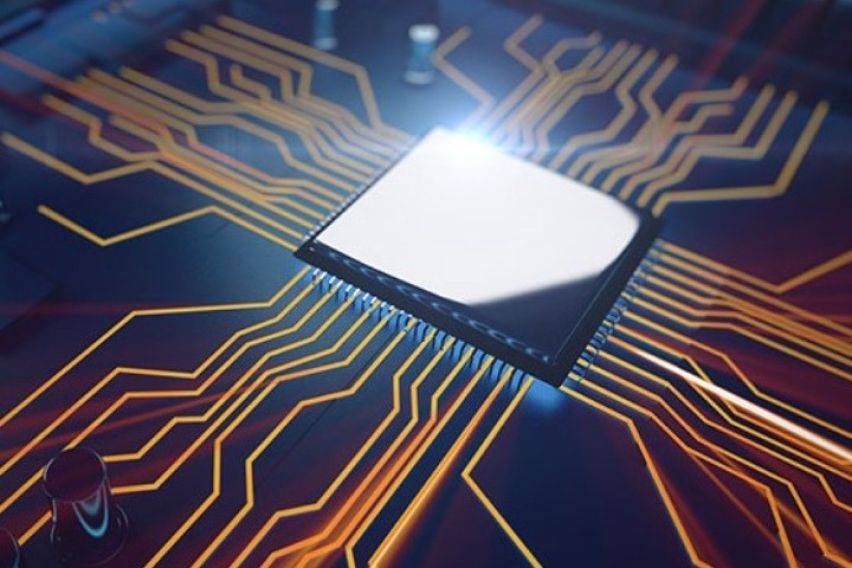
We look at how the chip shortage will push demand and reduce profits.
In a recent interview with a tech news website, Intel’s Pat Gelsinger mentioned that the current chip shortages will continue until the end of 2024 and there is no quick solution to this problem.
Now, with modern vehicles (cars, buses and even trucks) sharing the ‘urgent’ need for computer chips with the technology industry (smartphones, laptops, gaming devices and drones) the push for increased production and fast delivery will affect the state of our car industry for many more months to come.
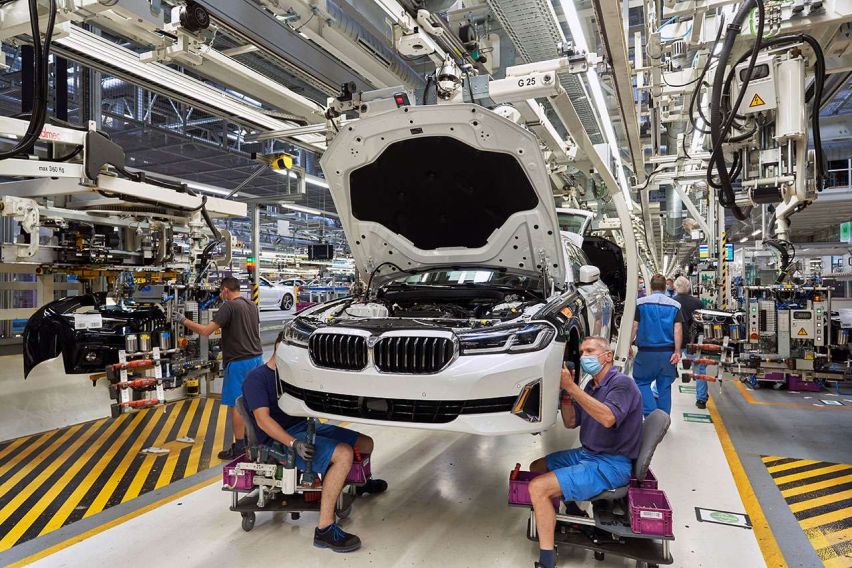
What may seem even worse is the move to get more electric vehicles on the road and with each electric vehicle needing much more chips over a petrol powered car, the global supply of shiny new sleek electric cars might cause auto manufacturers that are investing billions in electric vehicle production, side by side with their petrol models.
This is why some (die-hard to say we will go full electric only vehicle production) European car manufacturers like BMW and Porsche have recently done a ‘u’ turn and made statements that they will continue to produce petrol powered models to keep their showrooms open and active and maintain their market leadership over their immediate rivals.

BMW Group was the first to say this and soon after the Volkswagen Group also made a similar statement. Meanwhile Volvo Cars still maintains an all electric vehicle line-up and their confidence comes with their partnership with the Geely Automotive Group.
However, we have just seen a recent press release from Proton Cars stating their deliveries of new cars have fallen short by a surprising 32.2 percent which relates to 8,839 vehicles due to chip shortages. Now as we already know, Proton Cars is 49.9 percent owned by Geely Auto, just like with Volvo Car, so if Proton can’t get chips, Volvo might also not be able to get chips.

Now this worrying scenario is also affecting many other car brands which have invested heavily in recent years for electric vehicle production and continued to invest in promoting the ownership of electric vehicles. The return on investment is needed fast with high sales volume and now with chip shortages, they will not be able to produce these sleek new EV’s and sell them fast enough to recoup the high investment costs.
Meanwhile, if these car manufacturers had just kept pushing the production of petrol powered vehicles, which meant NO heavy investment costs, they could easily weather this ‘chip shortage storm’.
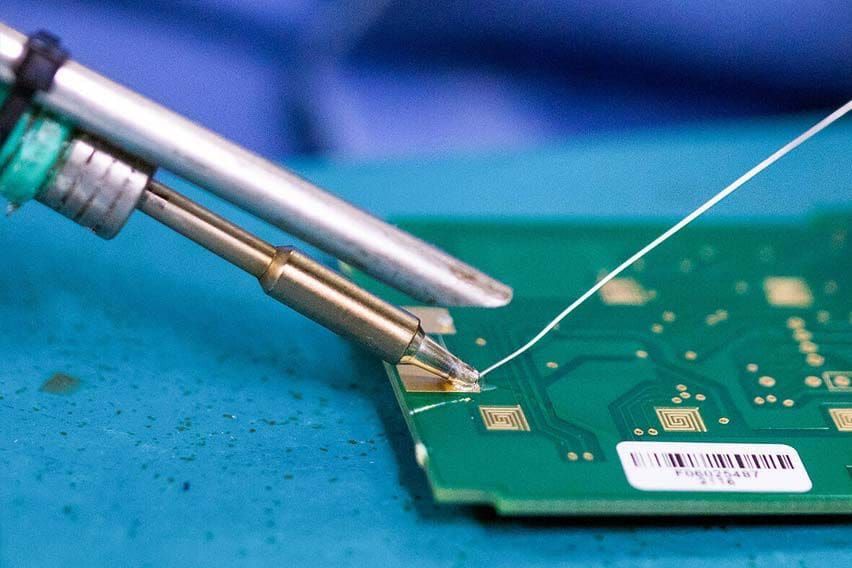
So, right now almost all foreign car manufacturers in Malaysia, from Honda to BMW and some in between are having stock issues (some larger than others) and with delayed delivery dates being shared with new customers, the worry that some of these customers might walk away or look at a rival brand with ready stock is giving salespeople and showroom owners a headache.
Fixed costs remain and the new car buyer market is still very buoyant despite an economic slowdown and negative foreign currency exchange. Add to this a ‘shaky’ stock market and it is a worrying time for a car manufacturer to keep their factory running.
The good news is with the used car market and its stable prices. However, hybrid and plug-in hybrid vehicles in the used car market continue to drop very fast and owners are losing their shirt in depreciation.
Also read: Will there be enough EV charging stations in Malaysia by 2025?
Malaysia Autoshow
Trending & Fresh Updates
- Latest
- Popular
You might also be interested in
- News
- Featured Stories
Featured Cars
- Latest
- Upcoming
- Popular
Latest Car Videos on Zigwheels







